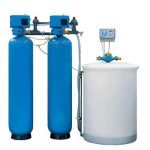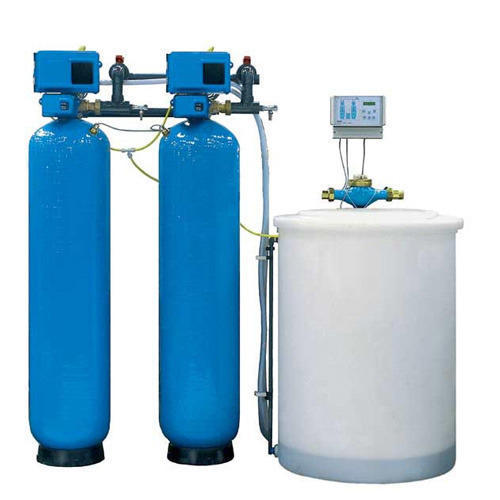Most people don’t realize that a fastener can be many different things, including screws, bolts, pegs, rivets, and clamps and can come in many different specifications. However, no matter which one you need, you must select the appropriate material that will work best for its application. If you were to choose a steel fastener rather than an aluminum one, you might find that the quality may be less, depending on its use. Many factors can influence the effectiveness of the material, including the environment, corrosive elements, structural stability and physical stress.
Most industrial fasteners are made from brass, aluminum, steel and some synthetic non-metals. Titanium is also an option though they are only used in specific applications.
Steel
Steel versions are the most popular used in commercial production and claim nearly 90 percent of all versions manufactured each year. It can be formed easily and is extremely strong and durable. It is also less expensive to make than other metals. Carbon steel is the most common of the steel fasteners and comes in Grade two, five, eight and alloy. Grade two is the least expensive and the least durable but is still excellent for many purposes.
Grade five steel is made from a medium carbon without alloy and is hardened to improve its strength. The automotive industry uses this category frequently. Grade eight is a medium carbon alloy, work-hardened and are more suitable for mechanically-strained application, such as vehicle suspensions.
Stainless Steel
Stainless steel uses some of the same properties of the low-carbon versions but has a higher degree of resistance to corrosion. However, with the low carbon content, it cannot be hardened adequately, so it can be stronger than grade two steel, but weaker than hardened alloy varieties. Two primary categories of stainless steel fasteners include martensitic and austenitic stainless steel. The first group can be strengthened using heat treatments and can be more magnetic with a lower corrosion resistance while the austenitic version has higher levels of nickel and chromium, so they’re more resistant to corrosion though they are slightly more expensive than martensitic versions.
Brass/Bronze
Bronze versions usually use copper and tin and are very resistant to corrosion, so they are perfect for aquatic needs, such as underwater construction and shipbuilding. However, bronze can be more expensive, so most people don’t use it unless necessary. Brass, which is a mixture of zinc and copper, is similar to bronze in many ways, but can be slightly less expensive.






